Listen
As a graduate student in the Harvard Department of Government in the late 1980s, I became slightly jaded about the number of visiting academics who warned about the imminent demise of the West. The thrust of their arguments was nearly always the same. The secular liberal values we cherish, such as the separation of church and state and freedom of speech, won’t survive in the face of growing religious animosity unless they’re rooted in something more intellectually and spiritually compelling than capitalist individualism. They were talking about Islamic fundamentalism, obviously, though sometimes they threw in Christian fundamentalism to seem even-handed.
These political scientists were, without exception, left of centre and their critique of classical liberalism was usually accompanied by a call for some version of socialism or communitarianism. I was a member of a small band of conservatives in the department, and after the visitors’ words had been warmly received by everyone else, one of us would put up a hand and ask if they’d name the date at which liberal democracy would expire. Ten years? Fifteen years? Fifty? If they were foolish enough to suggest a date, the follow-up was instantaneous: ‘Care to make a wager?’
There have been many occasions since then when I’ve regretted that callow response, with the terrorist attack in Paris being the latest example. The West has rarely seemed more weak or divided than in the past few days, with the muted reaction of President Obama, the continuing refusal of Jeremy Corbyn to countenance airstrikes against Syria and the usual platitudes from all sides about how the Islamic State isn’t genuinely Islamic, which isn’t a view shared by all of the world’s Muslims. In a poll conducted in Saudi Arabia last year, 92 per cent of respondents believed ‘IS conforms to the values of Islam and Islamic law’.
Britain’s liberal intelligentsia have been particularly bereft of ideas. Their continuing opposition to extending the investigatory powers of our security services, as well as their commitment to open borders, seem destined to join proportional representation on the dust heap of lost causes.
It isn’t just the inadequacy of the West’s response that suggests the horse is ‘weak’, to use Osama bin Laden’s metaphor. It’s the fact that the terrorists were, for the most part, French and Belgian nationals. The universal values of the enlightenment have proved to be pretty thin gruel next to the heady cocktail of anti-western ideology and a brutally literal interpretation of the Quran. They’re not outliers, either. According to a recent ICM poll, 16 per cent of French citizens have a positive view of Isis, with the figure rising to 27 per cent for 18- to 24-year-olds. One crumb of comfort is that the numbers in the UK are lower. The same poll revealed that 7 per cent of British citizens look favourably on Isis — still an astonishingly high figure — falling to 4 per cent of 18- to 24-year-olds.
Patrick Marnham wrote last month in The Spectator about a growing band of French intellectuals known as les nouveaux reactionnaires. They blame multiculturalism, moral relativism and post-colonial guilt for the decline of the values that used to define France, such as freedom of expression, a sense of universal brotherhood and egalité. Their solution, apart from replacing François Hollande with Marine Le Pen in 2017, is to call a halt to Muslim immigration and do whatever it takes to get France’s existing Muslim population (7.5 per cent of the total) to ‘integrate’, starting with the vigorous enforcement of the niqab ban introduced by Sarkozy five years ago.
That seems fairly draconian and I’m left wondering what -authority, apart from a dying European tradition, they can appeal to in the hope of winning over their disaffected Muslim citizens, as opposed to alienating them even further. The enlightenment project of basing liberal values on reason and empiricism has long been discredited, and we’ve probably left it too late to reverse the decline of Christianity. The West is crying out for a -leader who can solve this conundrum and in the absence of one emerging, the future described by the French novelist Michel Houellebecq seems ever more likely. In his last novel, the aptly named Submission, France becomes an Islamic republic in 2022, with the Muslim Brotherhood and the Socialist Party uniting behind a French Tunisian President to keep out the Front National. Judging from the British left’s accommodations with Islamism, that doesn’t seem too far-fetched. If this particular Cassandra offered me a wager, I wouldn’t take it.
Got something to add? Join the discussion and comment below.
Get 10 issues for just $10
Subscribe to The Spectator Australia today for the next 10 magazine issues, plus full online access, for just $10.
Toby Young is associate editor of The Spectator.
You might disagree with half of it, but you’ll enjoy reading all of it. Try your first month for free, then just $2 a week for the remainder of your first year.


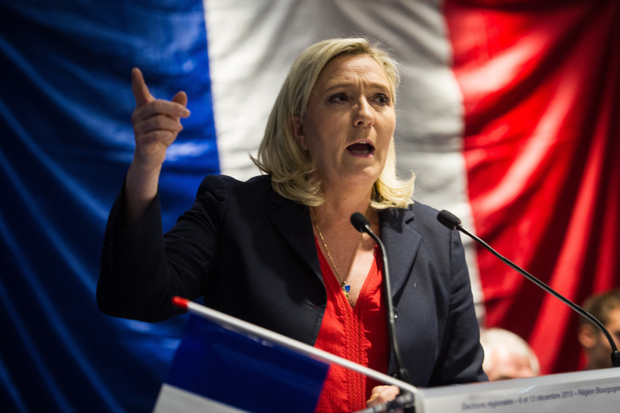
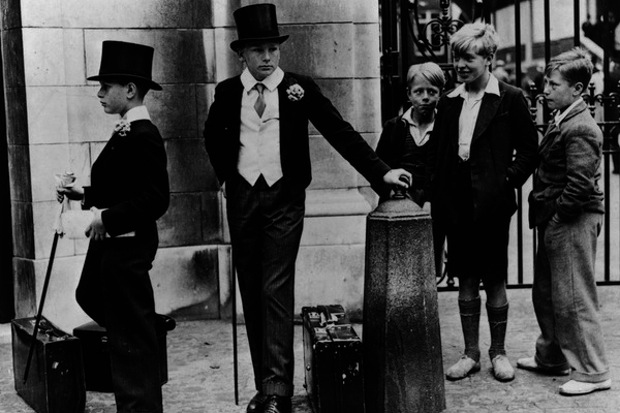


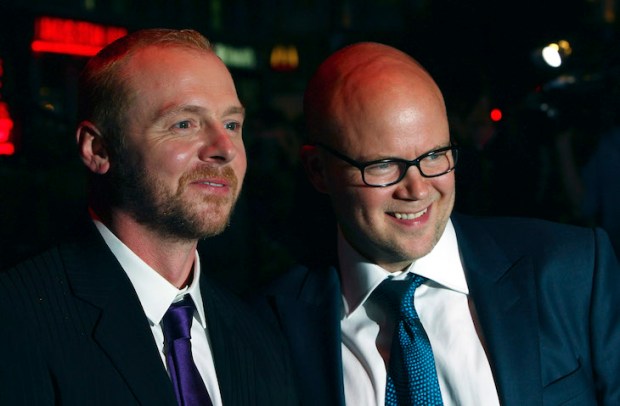
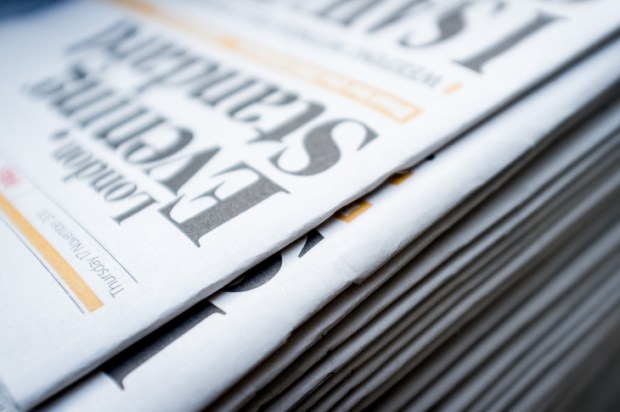
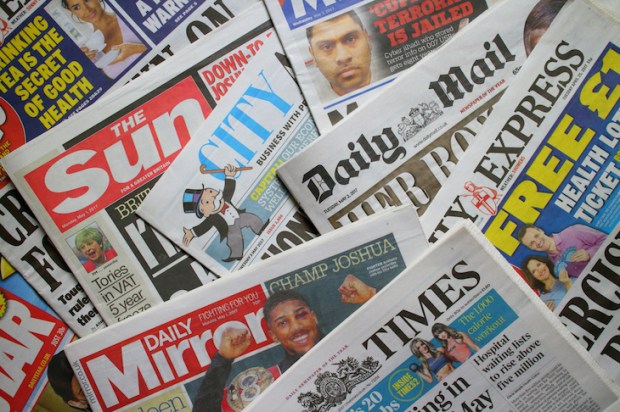






Comments
Don't miss out
Join the conversation with other Spectator Australia readers. Subscribe to leave a comment.
SUBSCRIBEAlready a subscriber? Log in